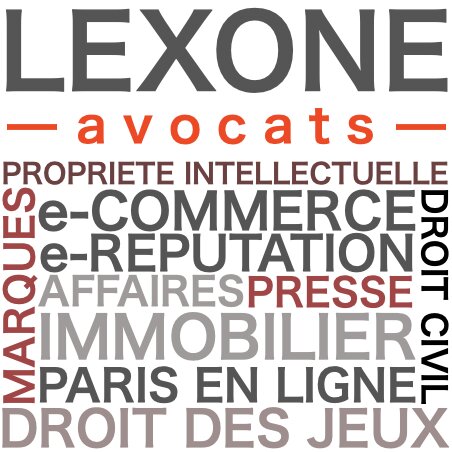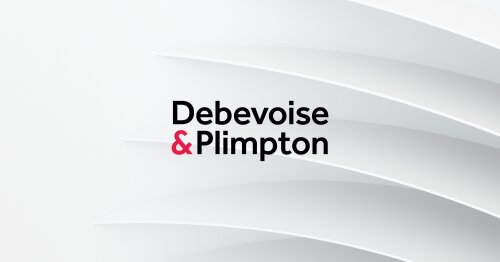Best Trademark Lawyers in France
Share your needs with us, get contacted by law firms.
Free. Takes 2 min.
Or refine your search by selecting a city:
List of the best lawyers in France
About Trademark Law in France
Trademark law in France protects distinctive signs used by businesses to identify their goods and services. It plays a crucial role in maintaining brand identity and consumer trust. In France, trademarks can be registered through the National Institute of Industrial Property (INPI) and provide the holder with exclusive rights to use, license, or sell the trademark. French trademark law aligns with EU regulations, emphasizing distinctiveness, legality, and availability of the trademark in question.
Why You May Need a Lawyer
Pursuing trademark registration or protection can be complex, and situations where legal assistance is beneficial include:
- Determining if a proposed trademark is unique and available.
- Filing for trademark registration with INPI or EUIPO for EU protection.
- Addressing oppositions or disputes during the registration process.
- Enforcing trademark rights against infringement or imitation.
- Negotiating licensing agreements or resolving contractual disputes involving trademarks.
- Renewing trademark registrations periodically, as required.
Local Laws Overview
French trademark law is encapsulated primarily within the Intellectual Property Code (Code de la Propriété Intellectuelle). Key aspects include:
- Registrability: Marks must be distinctive, non-descriptive, and not contrary to public order or morality.
- Use Requirement: Trademarks must be used genuinely in commerce within five years of their registration to maintain validity.
- Infringement: Unauthorized use of a trademark may lead to civil and criminal penalties.
- Protection Duration: Registrations are valid for ten years and can be renewed indefinitely.
- Global Interaction: France is a member of the Madrid Protocol, facilitating international trademark protection.
Frequently Asked Questions
What is a trademark?
A trademark is any sign, including words, logos, shapes, or colors, that identifies products or services and distinguishes them from those of competitors.
How long does the trademark registration process take?
The average time from application to registration is approximately four to six months, assuming no objections or oppositions arise.
Can I register a trademark for free?
No, there are fees associated with registering a trademark in France. INPI charges a filing fee, which varies depending on the complexity and number of classes registered.
Can I trademark a domain name?
While domain names can sometimes be trademarked, they must meet the distinctiveness and standard criteria required for trademark registration.
What happens if my trademark application is opposed?
You can respond to the opposition, and it may involve providing evidence or modifying the application. Legal counsel can assist with dispute resolution.
How do I know if my trademark is being infringed?
Trademark infringement: unauthorized use of similar marks likely to confuse consumers. Legal professionals can help investigate and enforce rights.
How can I protect my trademark internationally?
Use the Madrid System for international protection; consult legal advisers for complexities across different jurisdictions.
Is it necessary to register a trademark to have protection?
Trademark registration provides the most robust protection, while unregistered marks may receive limited protection under unfair competition laws.
How do I renew my trademark registration?
Renewals are possible every ten years, and you must file for renewal six months before or after the expiration at the INPI.
What can I do if someone uses my trademark without permission?
Start by issuing a cease-and-desist letter, and if unresolved, pursue legal action through a lawyer to prevent further unauthorized use.
Additional Resources
Here are some resources and organizations that can assist you with trademark-related matters in France:
- INPI (National Institute of Industrial Property): The primary organization responsible for trademark registration in France.
- OHADA (The Organization for the Harmonization of Business Law in Africa): Useful for regional trademark discussions.
- European Union Intellectual Property Office (EUIPO): Useful for broader EU trademark applications and queries.
- Legal Journals and Publications: To stay updated on latest trends and changes in trademark law.
Next Steps
If you need legal assistance in trademark matters, consider the following steps:
- Research: Understand your specific needs and familiarize yourself with basic trademark principles using available resources.
- Consult a Professional: Engage with a trademark attorney or consultant who specializes in intellectual property law.
- Prepare Documentation: Gather all necessary documents, including business registration and trademark documentation, for a comprehensive consultation.
- File Applications: Work with your attorney to draft and file your trademark application efficiently.
- Follow Up: Pay attention to INPI notifications and respond promptly to any opposition or queries.
Lawzana helps you find the best lawyers and law firms in France through a curated and pre-screened list of qualified legal professionals. Our platform offers rankings and detailed profiles of attorneys and law firms, allowing you to compare based on practice areas, including Trademark, experience, and client feedback.
Each profile includes a description of the firm's areas of practice, client reviews, team members and partners, year of establishment, spoken languages, office locations, contact information, social media presence, and any published articles or resources. Most firms on our platform speak English and are experienced in both local and international legal matters.
Get a quote from top-rated law firms in France — quickly, securely, and without unnecessary hassle.
Disclaimer:
The information provided on this page is for general informational purposes only and does not constitute legal advice. While we strive to ensure the accuracy and relevance of the content, legal information may change over time, and interpretations of the law can vary. You should always consult with a qualified legal professional for advice specific to your situation.
We disclaim all liability for actions taken or not taken based on the content of this page. If you believe any information is incorrect or outdated, please contact us, and we will review and update it where appropriate.
Browse trademark law firms by city in France
Refine your search by selecting a city.
















